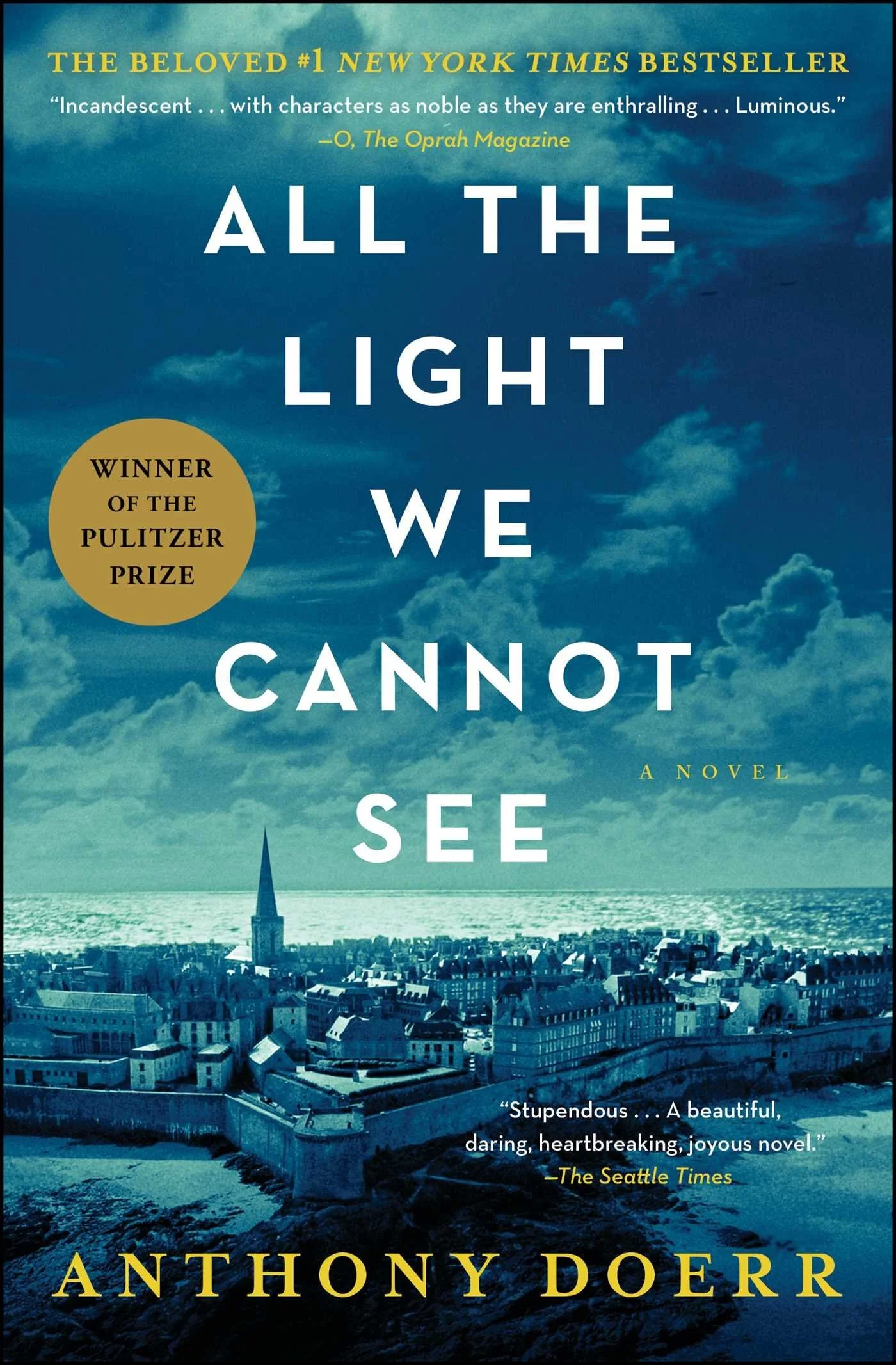Everything That Rises Must Converge
“And they all lived happily ever after” is a sentence that Flannery O’Connor wouldn’t be caught dead writing. Instead, she was caught dead writing Everything That Rises Must Converge, so it was published posthumously. My three-part O’Connor selection consists of Wise Blood (her first novel, 1952), The Violent Bear It Away (novel, 1960), and Everything that Rises Must Converge (collection of short stories, 1965). Here, I’ll give a brief summary of each book and aggregate the ratings. Lots of sophisticated mathematics occurring on this site.
Wise Blood is one of those first novels that you know is a first novel. Some authors thrive on subtlety, which I assume comes with experience. In this case, O’Connor thrives on hitting you in the face with an idea over and over again. The blood motif referenced in the title points to several—mostly religious—conclusions. Although it is impressive that Wise Blood extends from her Master’s thesis at the University of Iowa, I can’t appreciate the story. The characters’ actions seem consistently non-sensible. I know that religion can sometimes make people do irrational things, but I don’t want to read about a series of bizarre events that don’t get due explanations. Either develop your characters more or create less wacky scenarios. Not into it... Wise Blood receives 1 out of 5 flames.
The Violent Bear It Away proves O’Connor’s growth as a writer. The novel discusses similar themes while telling a more sophisticated, interesting story. In it, a fanatically religious uncle indoctrinates his orphaned nephew. After the uncle’s death, the boy must come to terms with his own faith (or lack thereof) and carve his own path outside of the influence of an overbearing relative. Again, there’s a darkness to the plot, and no character comes out unscathed. We get to watch the characters wrestle with their inner demons and reconcile their insecurities with the irresistible draw of a passionate religiosity than runs in the fam. The downside? Her transitions between past and present are too abrupt and they result in reader-whiplash. I also seriously question the practical aspects of some of the forest fires scenes. As a whole, The Violent Bear It Away receives 3 out of 5 flames.
Everything that Rises Must Converge stands out well above the rest. Each of the nine short stories shows a character confronted with their own mortality, which is perhaps reflective of O’Connor’s own battle with lupus at the time of writing. She wields incisive prose, a dash of wit, and tragic endings as usual; but I believe that this triple threat is better packaged in a short story. She trades tediousness for tension—every interaction is charged with some sort of conflict (generational gap, racial prejudice, intellect disparity, religious quarrel, etc.). Her characters realize that they’re shitty people, but the insight comes too late. I’m very impressed with this collection, and I would re-read and recommend it to others as an introduction to O’Connor’s work; therefore, Everything that Rises Must Converge receives 5 out of 5 flames.
Overall, this three-book edition was a good bang for the buck, but only parts were worth a read. As promised, the average score is 3 out of 5 flames. Be selective with your book of choice.
If you enjoyed this review, please consider purchasing this book from my Amazon Associates link: https://amzn.to/2NQaSAq. The commissions I receive from your purchase help pay for the costs of running this website. Thanks for your support!


